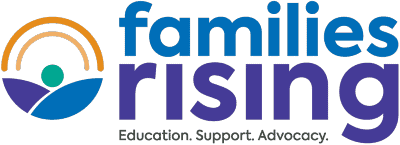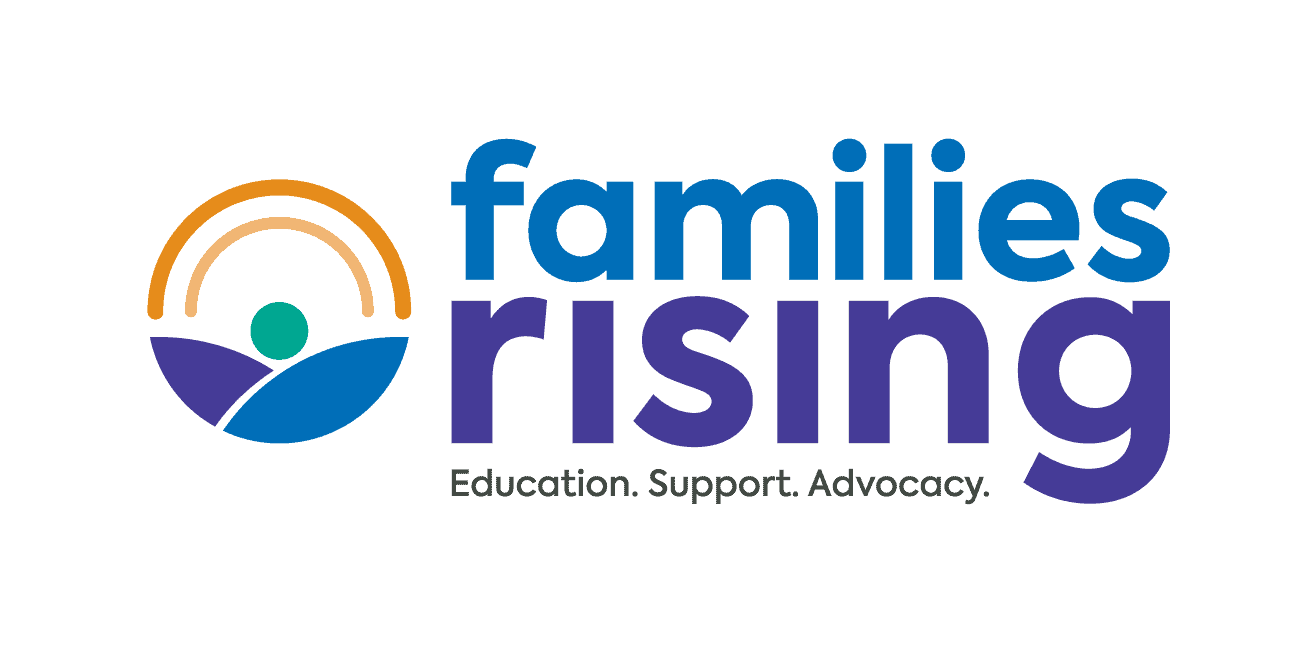In foster care and adoption in the U.S., many abbreviations, acronyms, and special phrases are used. Below is a brief list of common terms used in adoption assistance and their definitions.
Adoption Assistance/Adoption Subsidy
Adoption assistance or adoption subsidy is provided to encourage adoption of children who are considered harder to place. Specific benefits should be negotiated before finalization of an adoption, and may include monthly maintenance payments, medical coverage, and other services such as therapy and respite care, as outlined in state and county policy.
Special Needs
To qualify for adoption assistance, the state must make a determination that the child meets the state’s definition of special needs. When most people think about the term special needs, they typically think of individuals with disabilities. But for the purpose of adoption assistance, special needs also includes children the state think are harder to place, including older children, sibling groups, and sometimes those from certain racial or ethnic groups. Each state has its own definition of special needs, which can be found in each state’s profile.
Title IV-E
Title IV-E is the federal program that provides financial support to adoptive parents of children with special needs. Some children are eligible for federal support, while others’ services are funded solely by the state or local government (see Non-IV-E below). When a child is Title IV-E eligible, a portion of the support is federally funded and the remaining portion may be all state dollars or a mix of state and county dollars. In a few states, benefits may be different for children who are IV-E eligible. Maintaining benefits when adopting from another state or moving to a new state after adoption may be easier when children are IV-E eligible.
Most children are IV-E eligible.
Non-IV-E
Children whose adoption assistance benefits are solely funded by the state and/or local government are often referred to as non-Title IV-E-eligible children. These children’s benefits are funded by state and/or county dollars.
SSI
SSI stands for Supplemental Security Income, a federally funded support for children who have significant disabilities. Common diagnoses that qualify a child for SSI include Down syndrome, deafness, blindness, and cerebral palsy.
Non-Recurring Costs
Non-recurring adoption expenses are one-time expenses directly related to the finalization of a child whom the state has deemed hard to place or special needs. Typical expenses that are paid or reimbursed to the family include the home study fees, attorney fees, replacement of the birth certificate, and travel to and from visits with the child, including mileage, lodging and meals.
Means Testing
This refers to using a family’s income to determine eligibility for adoption assistance. While it is permissible to look at the child’s condition along with the family’s resources to set the monthly rate of the benefits, in almost all cases means testing can’t be used for determining eligibility. Federal policy states that means testing eligibility for Title IV-E is not allowed. Ohio and Louisiana do use means testing to determine eligibility for children who are not IV-E eligible. In addition, Supplemental Security Income (SSI) is means tested.
Title XX
Title XX Social Services are a flexible block grant from the federal government to state governments. Some states pass the money to the county level. A few states provide direct services to adoptive families using these funds. If a state does provide a service such as day care or respite care through Title XX to families in their state, adoptive families who receive adoption assistance can apply for these services even if their income would otherwise make them ineligible.
Specialized Rates
Adoption assistance programs typically have basic rates and specialized rates for their monthly payments to families, although specific rules and amounts vary by state. Specialized rates are based on the extraordinary needs of the child and/or the additional parenting skills required to raise the child. Other terms used by states for these higher rates include level of care (LOC) increments, difficulty of care rates (DOC), and exceptional rates.
Fair Hearings
Parents can request an administrative hearing if they believe they have been treated unfairly by the agency. Often, parents take the agency to hearing because the agency reduced the foster care or adoption assistance rate without notice or if the parents finalized an adoption without adoption subsidy and believe the child is (and was) eligible.
EPSDT
Early and Periodic Screening, Diagnostic and Treatment Services is a program intended to maintain and enhance the health and development of Medicaid-eligible children and adolescents. Basic benefits under EPSDT are screening (e.g., medical history, physical exams, tests) vision, dental and hearing services, and other necessary health care. Children with Title IV-E are automatically eligible for these services, and non-IV-E adoptees may be Medicaid eligible if the state elected to cover them. The importance of EPSDT is that if a doctor finds in a screening or test that a child has a specific condition, Medicaid must provide treatment of that condition.
Subsidized Guardianship
Guardianship involves the transfer of legal responsibility for a state ward from the state or county to a caregiver who becomes the legal guardian of the child. It is most often used for relative placements. Unlike adoption, guardianship does not require surrender or termination of parental rights. Subsidized guardianship, which is available in some states, allows the caregiver to receive a monthly payment on behalf of the child, similar to the adoption assistance payments.


